The content of the article
The appearance of the baby in the family is, first of all, a great joy for his parents. Young father and mother, as a rule, seek to surround with love and care their firstborn. At such a tender age, it is very important to monitor the baby’s nutrition, take daily walks with him on the street, and ensure his hygiene. Perhaps the most fun and enjoyable procedure, including for moms and dads, is bathing the baby. As a rule, children bathe every day, since at an early age this procedure helps the child to relax, improves his sleep and increases his appetite. However, in connection with swimming, parents often have many questions. For example, is it possible to bathe a baby if he is sick, especially if he has a fever.
Our mothers and grandmothers are accustomed to the fact that during the period of illness it is impossible to bathe children, since in Soviet times pediatricians said just that. Previously, in the presence of at least mild symptoms of a febrile state, it was impossible to lower the child into the water. For this reason, today many grandmothers are guided by the same principle. However, modern pediatricians are not so categorical, and some of them disagree with this point of view.
It should be noted that the belief about the dangers of bathing developed mainly due to the very uncomfortable living conditions and bathing in the Soviet period. At that time, bathing the child was carried out either in the bathhouse or in metal basins in the apartments. After bathing in this way, the child could easily fall under a draft and get sick even worse. Therefore, most modern doctors say that you first need to find out the cause of the high temperature, and only after that decide the question of bathing.
What are the causes of high fever in babies?
In most cases, an increase in temperature in young children occurs due to a viral, bacterial or infectious effect on the body. In addition, hyperthermia can occur due to overheating of the body, which is more often observed in the summer. In addition to these factors, there are still a large number of reasons that can cause hyperthermia:
- allergic reactions of the body;
- teething;
- severe fluid loss due to disruption of the digestive tract;
- severe stress in the baby, overstrain;
- disturbances in the endocrine system;
- autoimmune pathologies;
- vaccine response.
Before you start bathing your baby, you need to evaluate his well-being, as well as measure the temperature. It is best to consult with a specialist beforehand so as not to harm the child and make things worse.
When should you refrain from swimming?
There are some situations in which water procedures for the child are prohibited. The first is the presence of high temperature over 37.8 degrees. In this case, the body is actively fighting the disease, and therefore, it produces heat.The first sign of a fever is chills. In this case, the temperature begins to rise in the region of the internal organs, but on the skin it becomes less.
Many parents think that if you put the child in warm water, he will become warmer and he will not feel chills. However, such an opinion is erroneous. Within a few minutes, the heat in the body is redistributed. As the blood begins to flow to the skin, it will warm up, but other parts of the body may be left without the necessary heat. As a result, the body has to work hard to warm all parts of the body, and therefore, there is an increase in the load on the heart and other internal organs. The body is distracted from the fight against foreign cells and spends energy on other tasks.
Bathing does not carry any useful and medicinal properties, but is just a hygienic procedure. Another danger of swimming is that a child, when leaving warm water, may freeze or fall under a draft, if any, in the house. This can worsen the baby's well-being, and hypothermia generally negatively affects the immune system.
Bathing the baby is also prohibited if he is diagnosed with otitis media - inflammatory processes in the ear. In this case, a particular danger is the ingress of water into the ear canal. A similar procedure can cause very serious complications.
It is not recommended to wash the baby if he has skin rashes in the form of sores and other lesions. If water gets in, the crusts on them can get wet, which will slow down the healing process, and, moreover, can cause pain in the child.
Many pediatricians today also do not recommend bathing the baby within two days after the vaccination procedure. The child’s body is not yet fully accustomed to the introduction of the vaccine, and bathing will create an unnecessary burden on his immunity, after which the baby can really get sick.
Well, of course, you should carefully monitor the condition of your baby. If even at a low temperature the child feels bad and begins to act up, then bathing is better to postpone.
When can I wash my baby?
If the baby has a high temperature, and he gets dirty and swimming is simply necessary, replace this procedure with a wipe with wet wipes. Completely bathing a child is possible only if the body temperature does not exceed 37.8 degrees, however, bathing here should not last long.
Video: Can I bathe a child during illness?

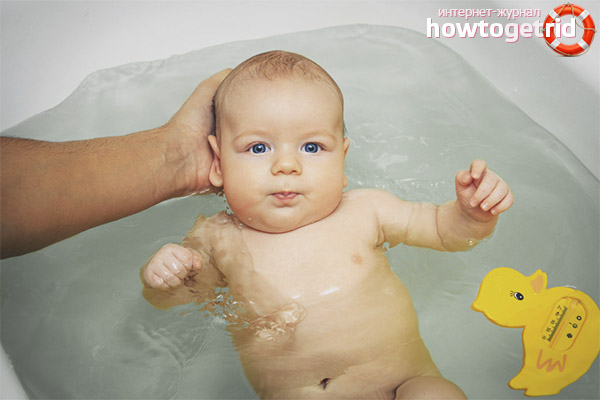
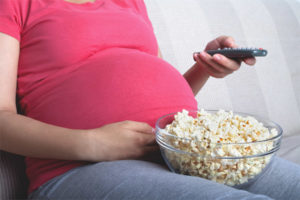


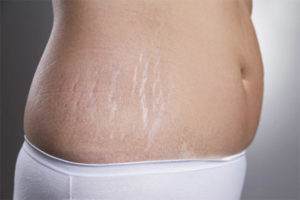
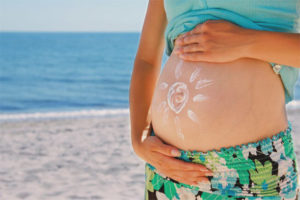
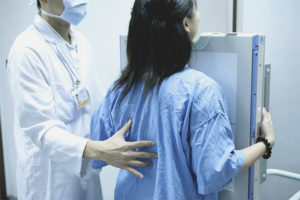
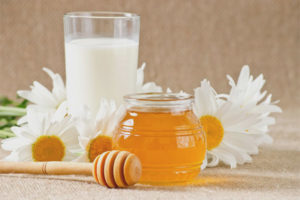

Submit